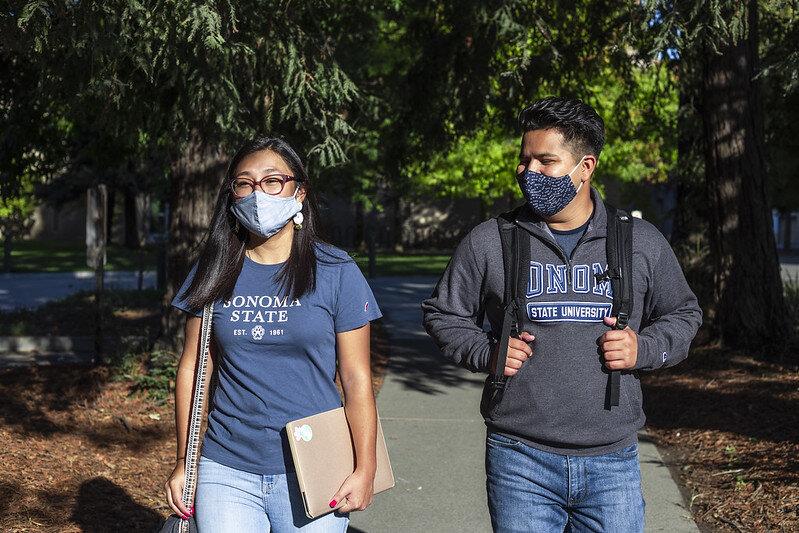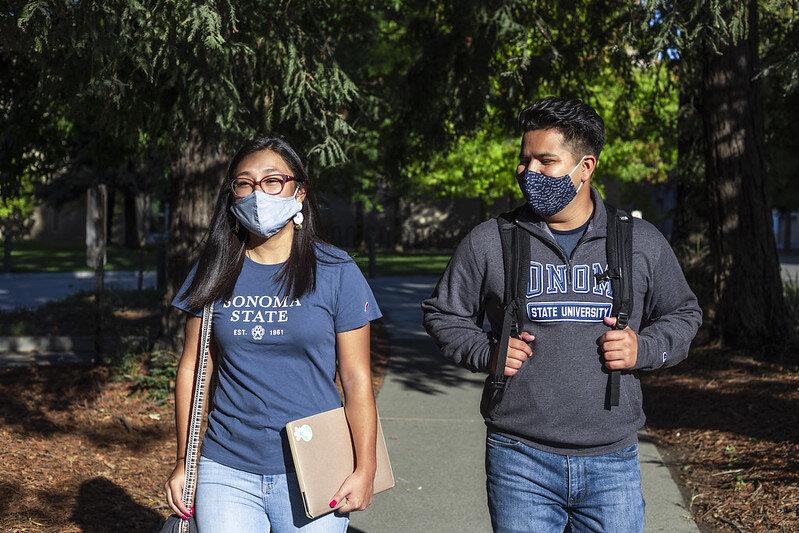On this year’s ballot, Proposition 16 was presented to California voters. The proposition asked residents whether or not the ban on affirmative action should be lifted in the state. After all votes on the proposition were counted, it was announced that California voted in favor of not lifting the ban.
Back in the 1996 election, Proposition 209 passed, banning affirmative action in California. This meant that state institutions such as public employment and education were unable to continue considering race, sex, and other discriminated-against factors when accepting applicants. There was much debate over the issue back then, and the controversy remains strong in today’s political climate.
Many people believe that repealing Prop. 209 would harm White students’ chances of getting into schools, though there is no supporting evidence that suggests the ban ever helped White students either, according to The New York Times. However, there is a lot of evidence to support the claim that students of color have been harmed since the ban. But not everyone believes that lifting the ban is the solution.
When Prop. 209 was on the line, Black businessman Ward Connerly opposed the continuation of affirmative action. According to The New York Times, he believed the policy was unfair and outdated.
“Do you know what reinforces the idea that they’re inferior? Being told they need a preference to succeed,” said Connerly.
Repealing Prop. 209 would allow but not require government and public institutions to consider race sex, and ethnicity in students and employees. And while many believe that continuing the ban has set back California’s promotion of diversity, many others believe that it would negatively affect other racial groups, such as Asian Americans, according to the LA Times.
There was also a large opposition due to the idea that institutions preferencing people of color would result in more racial discrimination from their peers. Aside from that concern, it is clear that passing the proposition would not end racial discrimination in the United States any time soon, making it not worth the risks.
According to the San Francisco Chronicle, rejecting the proposition is a reflection of California’s complacency in racial discrimination. “The wave of public support for a racial justice movement after the killing of George Floyd in May isn’t translating to the ballot box in California, as a proposition that was intended to address racial inequities is on shaky ground.”
Many voters found the proposition confusing due to the strong opinions on opposing sides of the matter. On one hand, it could be benefiting people of color by increasing their chances of getting into schools and other public institutions. On the other hand, it could be risking an increase in discrimination against them and hurting the chances of other racial groups. All in all, California has voted no on affirmative action for a second time, leaving both parties questioning when it will return to ballots.





![[Both photos courtesy of sonoma.edu]
Ming-Ting Mike Lee stepped in as the new SSU president following Sakakis resignation in July 2022](https://sonomastatestar.com/wp-content/uploads/2024/04/CC4520AB-22A7-41B2-9F6F-2A2D5F76A28C-1200x1200.jpeg)



























